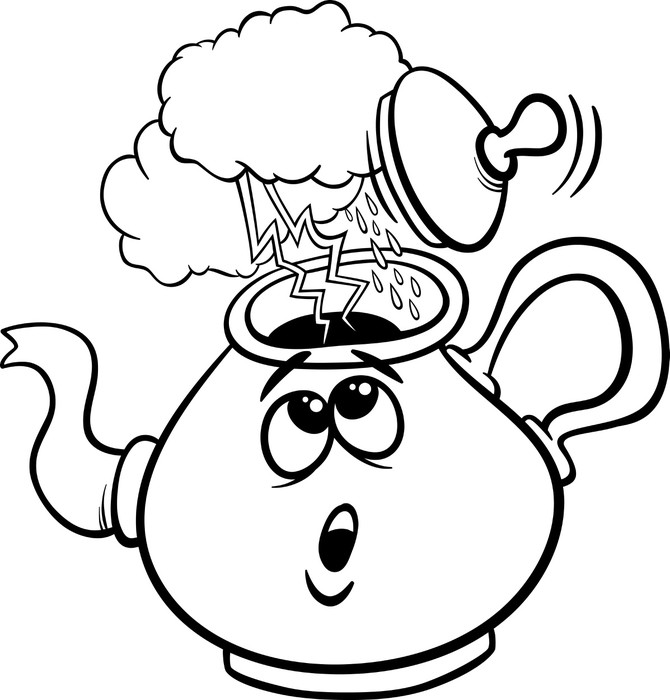Bruddah IZ
DA
HanapaaHow's that? I busted you for copy & pasting the text from it is that why you are making shit up and lying about it?
HanapaaHow's that? I busted you for copy & pasting the text from it is that why you are making shit up and lying about it?
So once again nothing but crickets . . . at least you are consistent.Hanapaa
Nothing but you having your link read to you and not recognizing it until I posted it.So once again nothing but crickets . . . at least you are consistent.
Hows that? I recognized the text you copied right off? You trying to be dizzy?Nothing but you having your link read to you and not recognizing it until I posted it.
Your IPD kicking in.Hows that? I recognized the text you copied right off? You trying to be dizzy?
Any logic involved in your statement?Why does the fact we had a black president make you see communism everywhere?
Yes.Any logic involved in your statement?
Care to explain it?Yes.
Care to explain it?
You know so much, you explain it.Isn't the plumber the one who should be explaining it?
You know so much, you explain it.
Add it to the list.I have no idea why the plumber thinks we are becoming communist.
Hey did you watch the Elvis documentary tonight? Did you see the signs that said “Race Mixing is Communism?” Is that what you mean? Like with President Obama, and all?
If that was the case, I'd be a commie.
I assure you, that's not the case.
That’s what I thought it was. It obviously is not what you thought it was. There are few nations in the world...and those there are you don’t want to be mentioned with...that are less communistic than we are.
How drunk are you?
Does loving communism make you drink more?
Why does the fact we had a black president make you see communism everywhere?
Any logic involved in your statement?
Yes.
Care to explain it?
Isn't the plumber the one who should be explaining it?
Isn't the counselor the one who should explain?
I'm sure you could show me an example, should be easy for you.

Racism is every where with these victims.Isn't the counselor the one who should explain?
You need to ask Ricky why he thinks we’ve become more Communist. As you know, people started saying that the day Obama took office.Isn't the counselor the one who should explain?
Your envy of my business is inderstandable.xyz is busy " running " down business....
You people were indoctrinated long before that.You need to ask Ricky why he thinks we’ve become more Communist. As you know, people started saying that the day Obama took office.
Why, is Kenya commie town?You need to ask Ricky why he thinks we’ve become more Communist. As you know, people started saying that the day Obama took office.
